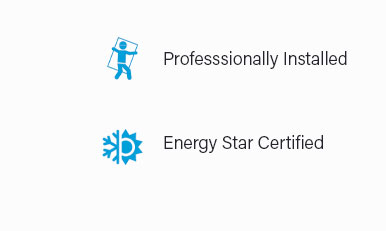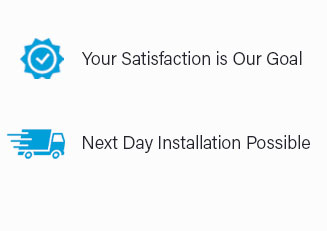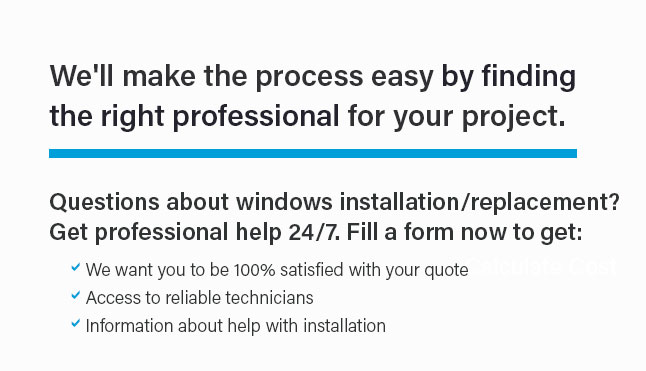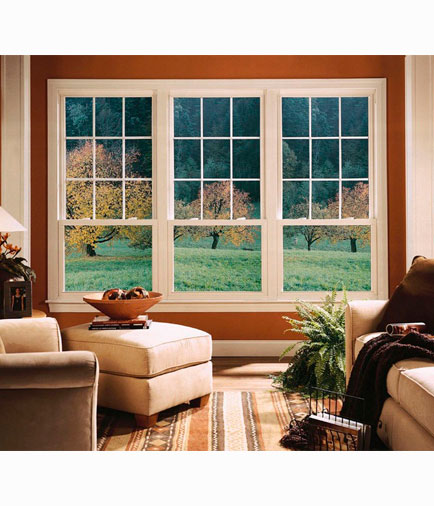 |
 |
 |
 |
 |
|
 |
 |
||
 |
 |
 |
 |
 |
 |
 |
 |
|
 |
||
 |
 |
 |
|
Understanding Replacement Window Costs: A Comprehensive GuideWhen it comes to home improvement, few projects bring as much value and aesthetic enhancement as replacing old windows. However, navigating the labyrinth of replacement window costs can be daunting, with prices varying significantly based on multiple factors. This article seeks to illuminate the intricacies involved in determining the cost of replacement windows, shedding light on both material and installation considerations. First, it's crucial to recognize that window replacement is not a one-size-fits-all scenario. The cost can range broadly, often from $300 to $1,200 per window, depending on various elements. Material choice is one of the most significant determinants of price. Vinyl windows, for instance, are typically the most economical option, lauded for their durability and energy efficiency. They generally fall on the lower end of the pricing spectrum, making them a popular choice for budget-conscious homeowners. On the other hand, wood windows, with their classic appeal and superior insulation properties, tend to be more expensive. They provide an unmatched aesthetic that can elevate the charm of a home, yet they require more maintenance, which might add to the long-term cost. Meanwhile, fiberglass windows offer a middle ground, combining strength with low maintenance, although they might initially pinch the wallet a bit more than vinyl. Aside from material, window style also plays a pivotal role in cost determination. Standard single-hung or double-hung windows are generally less expensive compared to bay or bow windows, which require more labor and material. Custom shapes and sizes further amplify costs, albeit offering a unique architectural element that can enhance a home's overall value. Installation fees must also be factored into the equation. While some industrious homeowners may attempt a DIY approach, it's often advisable to engage professional installers. Proper installation ensures that the windows function optimally, providing energy efficiency and longevity. Installation costs can vary based on regional labor rates and the complexity of the installation, but they typically range from $100 to $300 per window. Moreover, it's wise to consider the potential long-term savings associated with energy-efficient windows. Though the initial outlay might be higher, these windows often pay for themselves over time through reduced heating and cooling bills. Energy Star-rated windows, for example, are designed to minimize heat transfer, keeping homes comfortable year-round while easing the strain on HVAC systems. In conclusion, while the upfront cost of window replacement can be substantial, it's essential to weigh this against the myriad benefits. Improved energy efficiency, enhanced curb appeal, and increased home value are just a few of the rewards that make this investment worthwhile. Therefore, when planning for window replacement, consider not just the immediate expense, but the lasting impact on your home's comfort and efficiency. https://thermalkingwindows.com/how-much-do-replacement-windows-cost-in-kansas-city/
How much do vinyl windows cost? An average price for a 3ft x 5ft vinyl window replacement in the Kansas City area ranges from $800-$2,000 ... https://www.homeblue.com/window-replacement/topeka-ks-window-replacement-cost.htm
How Much Does Window Replacement Cost in Topeka, KS? Window replacement cost in Topeka, Kansas ranges from $400 to $500 for a standard vinyl ... https://comoexteriors.com/what-can-i-expect-for-residential-window-replacement-cost-columbia-mo/
The cost for replacement windows can vary significantly based on factors like materials, styles, and labor.
|